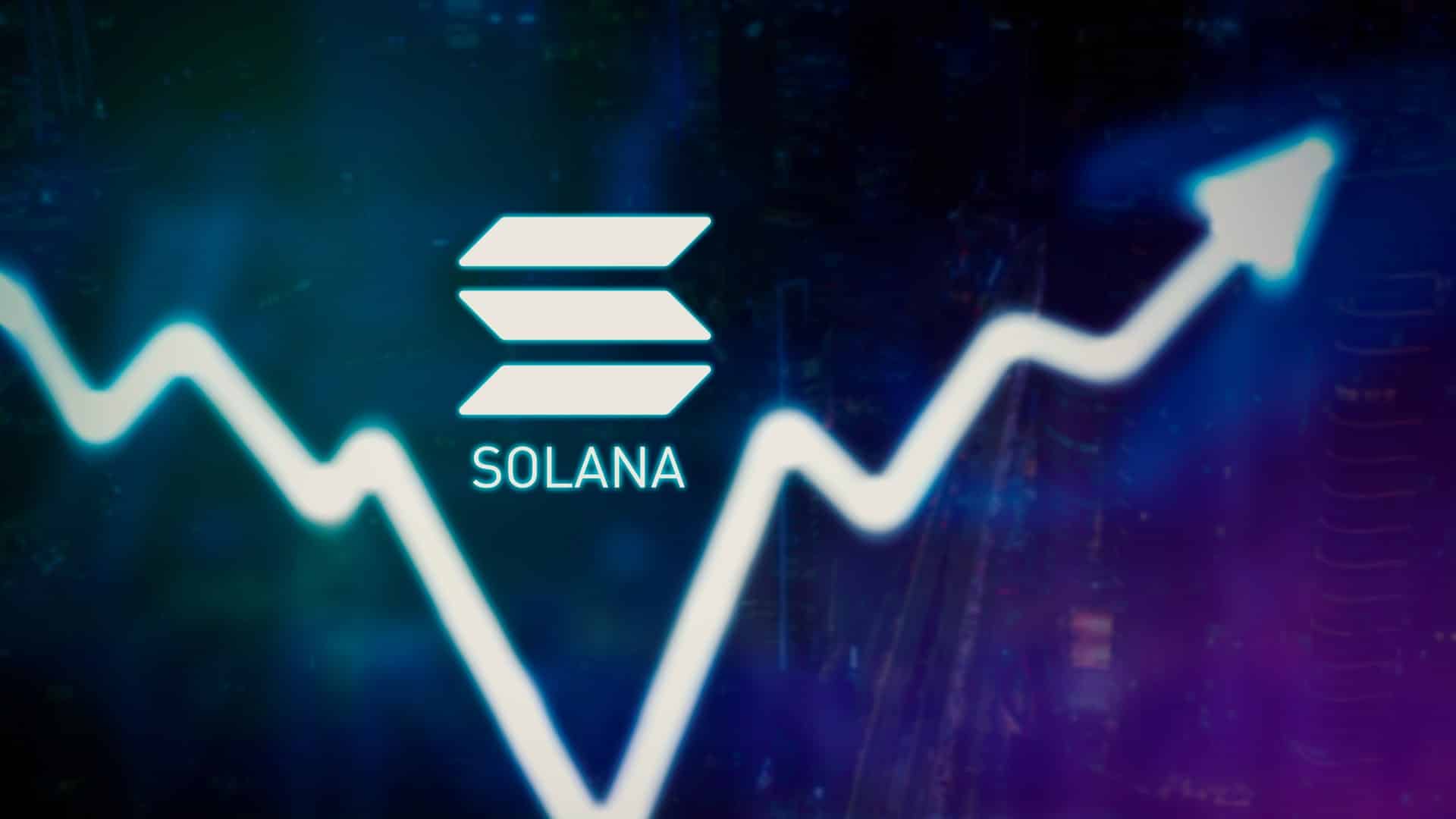The crypto industry is looking tensely at the US Senate. A draft law for stricter regulation of the DeFi area is being negotiated there. The law obliges operators of DeFi protocols to monitor compliance with money laundering regulations. This is explosive because there are typically no such responsibilities in the area of decentralized finance. The draft proposals have met with criticism.
Targeting DeFi space
Control obligations that also apply to banks: The “Crypto-Asset National Security Enhancement Act of 2023” is intended to extend rules for the financial market to the DeFi area. Specifically, it is about the “applicability of sanctions and obligations to comply with money laundering regulations on US persons in the field of decentralized financial technology”. The design is driven bipartisanally by Democrats and Republicans.
The law aims to close money laundering loopholes, fight the “rise in crypto crime,” according to a briefing document, quoted from Coindesk. There is also talk of sanctions. Their implementation would be a stress test for DeFi protocols.
Who is liable?
DeFi transactions are automated with the help of so-called Smart Contracts. So there is no operator. But the laws have to be applied to someone. According to the draft, these are people “who control a DeFi protocol or provide an application for using the protocol”. Developers who build user interfaces, for example, could thus move into focus.
Otherwise, investors could also be affected. “If nobody controls a DeFi protocol, then – as a safeguard – anyone who invests more than $25 million in the development of the protocol is responsible for those obligations,” the document reads.
These controls would need to screen customers, collect data, comply with anti-money laundering policies, report suspicious activity, and ban sanctioned individuals from log usage.
DeFi meltdown?
As it stands, the law would be a setback for the DeFi industry. Applications have been developed in such a way that there are no direct responsible persons. Since developers are also liable, the conditions could lead to a creeping DeFi death in the USA.
Similar requirements, such as those to be enforced with the Data Act at EU level, are the subject of controversial discussion. Here, too, a de facto ban on smart contract applications is feared.
- Michaël van de Poppe: Bitcoin to Hit $500,000 This Cycle? 🚀💸 Or Just Another Crypto Fairy Tale? - December 21, 2024
- What is the Meme Coin Bonk, Price Predictions 2025–2030, and Why Invest in BONK? - December 18, 2024
- BNB Price Analysis: 17/12/2024 – To the Moon or Stuck on a Layover? - December 17, 2024























